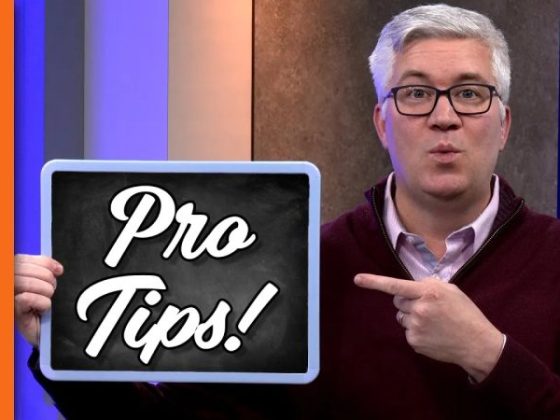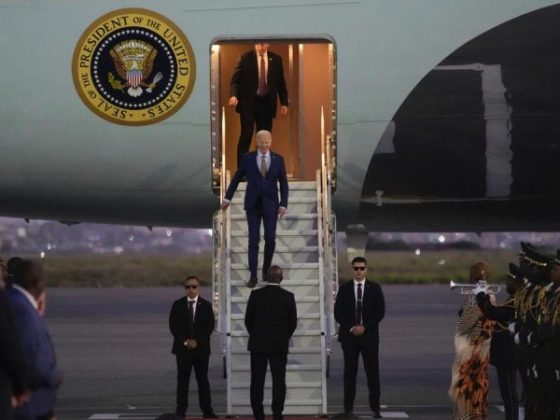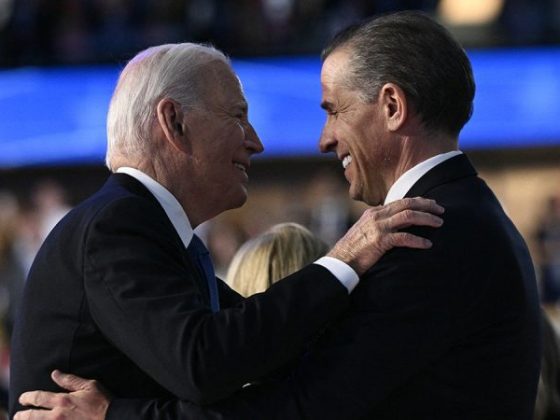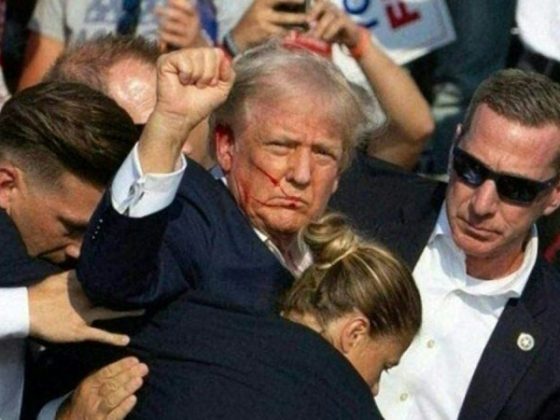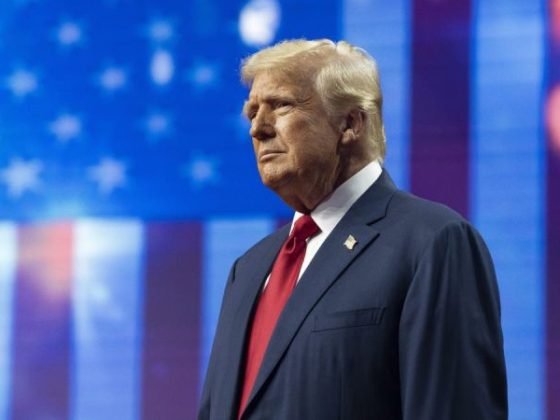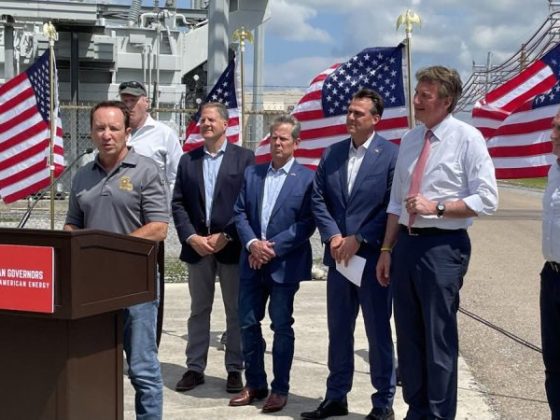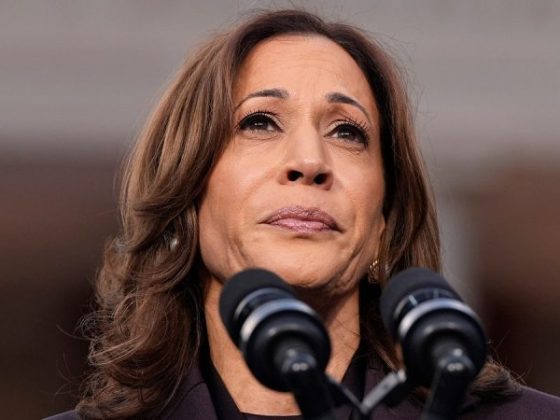Senator Tommy Tuberville, in a recent interview, made a bold assertion that former President Donald Trump fully comprehends that school choice is primed to become a key issue or ‘focal point’ in the 2024 election. This assertion underlines the growing prominence and polarization of the school choice phenomenon in the political landscape of the United States and how it is seen as a potential determinant of electoral outcomes in the future.
School choice, as an educational policy, advocates for parents’ ability to choose the best educational institution for their children, be it public, private, charter, or homeschooling. This policy stance has been a contentious issue in American politics for several decades now. Various stakeholders have widely differing viewpoints based on an array of socio-economic, political, and philosophical considerations.
Trump’s understanding and prioritizing of school choice is perceived to be an extension of his administration’s policy position. During his tenure as President, Trump was a strong proponent of school choice – a position he underscored during his 2020 campaign. His administration especially promoted charter schools and proposed federal tax credits to incentivize donations that fund scholarships to private schools.
The Senator from Alabama elaborated how Trump sees school choice not just as an educational issue but a broader societal one, intended to break down barriers and reduce socio-economic disparities. Tuberville echoed similar sentiments by advocating for funding to follow students, regardless of their zip code. This perspective is founded on decentralization, fostering competition among schools, and ultimately uplifting educational standards and outcomes.
Political pundits believe that Trump’s emphasis on school choice resonates with a substantial number of American voters, especially those dissatisfied with their local public school systems. This is particularly prevalent among ethnic and racial minority communities that have historically been subjected to underfunded and underperforming schools.
Trump’s potential Candidacy in the 2024 election could, therefore, hinge on making school choice a cornerstone of his campaign. Tuberville believes that this policy could not only galvanize Trump’s base but potentially attract new voters who are seeking a better educational future for their children.
However, this position is not without its detractors. Critics of school choice argue that it primarily benefits wealthier families who can afford to supplement vouchers or scholarships with their own money. They believe this policy could potentially drain resources from already-struggling public schools and create a more segregated and inequitable educational system.
Despite the criticism, Tuberville’s assertion indicates the former President’s conviction in school choice and the weightage he places on its importance. This will no doubt set the stage for a hotly contested debate in the run-up to the 2024 election. Only time will reveal the accuracy of Tuberville’s prediction and the impact of school choice on the electoral outcome. Regardless, it signifies a new chapter in the intersection of education policy and electoral politics in America.



